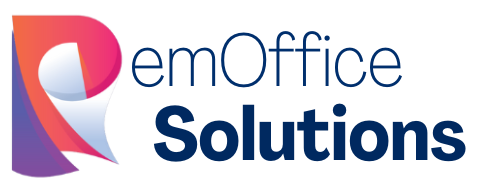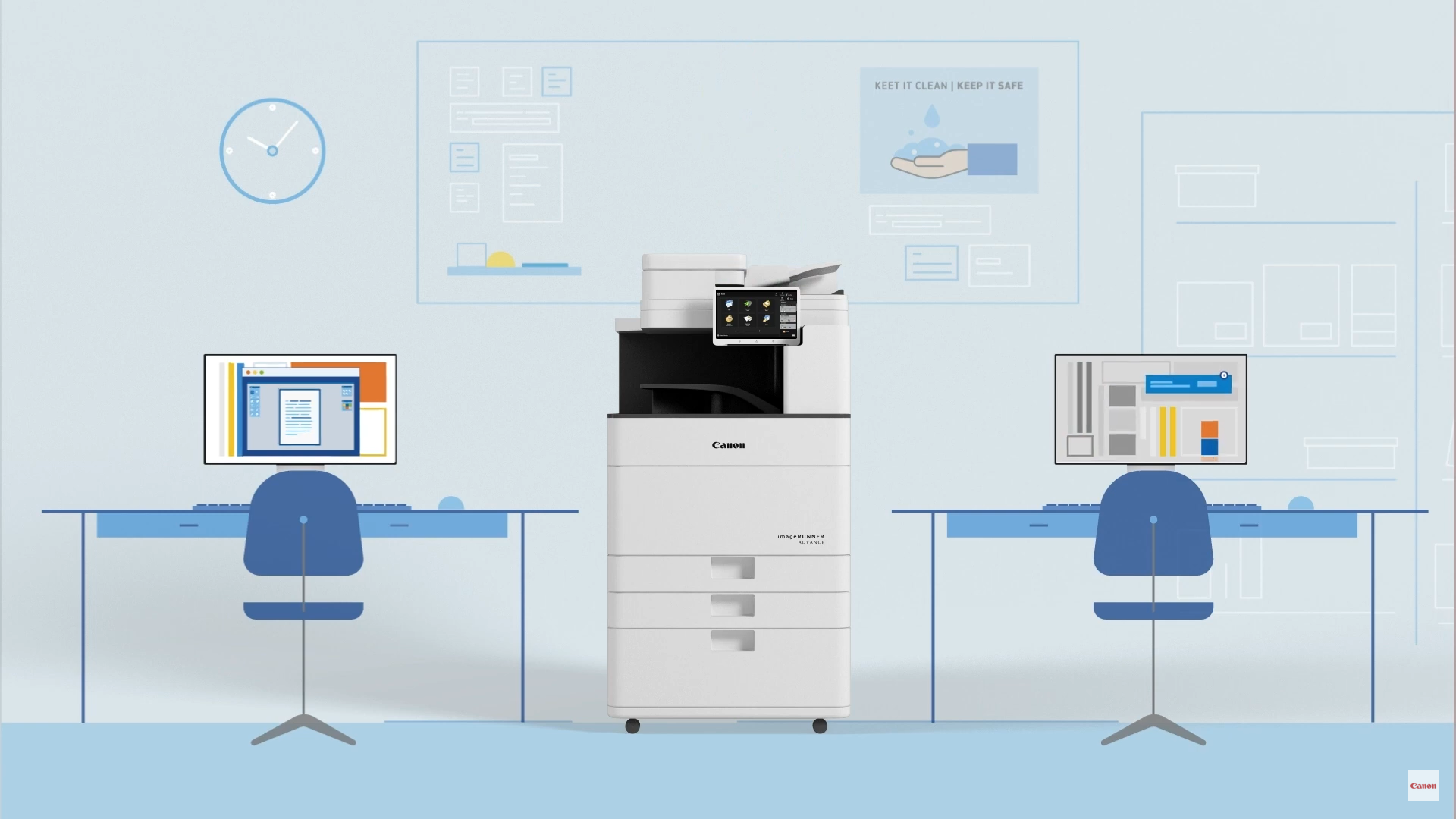Sometimes this can be a daunting task, especially if you are an office manager or executive assistant who has been assigned to this decision. Typically, it makes sense to lease a machine if you are confident that you are capable of paying your monthly payment, each month on time, for the entire duration of that lease term. It also makes sense to do this if you are trying to conserve capital for other expenditures. Leasing (and renting) also qualify differently for deductions; under most standard accounting practices leasing and renting a copier can be written off entirely each month whereas a direct purchase must be depreciated over time.
Buying an Office Copier
Buying equipment is easy–you decide what you need, then go out and buy it. When you buy the equipment outright, you determine the maintenance schedule yourself. Section 179 of the IRS code lets you deduct the full cost of newly purchased assets, such as computer equipment, in the first year.
Renting a Copier for Your Business
Renting a copier is great if you are sure you only need a machine for short duration and will not have a need for its use again over a long duration. Renting is very popular with trade shows, accounting practices during tax season or law firms who take a large case and need additional resources quickly. Typically renting involves a monthly rental fee that is fully inclusive of a pre-determined page/copy volume, toner, parts, labor, service etc. There is also a delivery and pick up fee that applies as well.
Rental is a form of financing the acquisition of a copier that relies on spreading the cost across a number of payments over a fixed rental term. Similar, but slightly different to a lease plan. Rental differs from a lease plan in that there is no residual amount that can be paid at the end of term and assume ownership of the unit. Usually, the unit is returned to the vendor.


